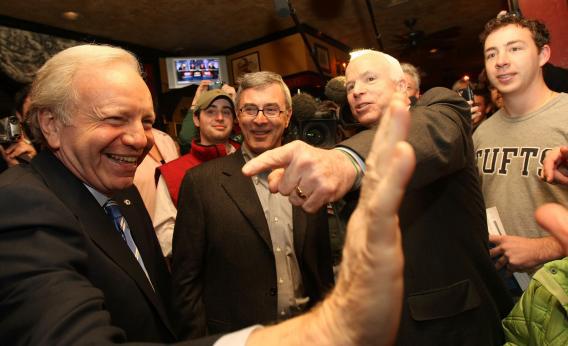This week is the Washington City Paper’s “answers issue” and it’s got some pretty great stuff (I’ve wondered about this forever) but I think the answer to why are bars and restaurants so crowded is a bit unduly mystical. The main reason bars and restaurants are so crowded is that the city makes it fairly difficult to open new bars and restaurants.
Right now, for example, there are five liquor license moratorium zones—Georgetown, Glover Park, Adams Morgan, Dupont West, and Dupont East—that help ensure that the existing bars and restaurants in those five neighborhoods stay nice and crowded. And as new neighborhoods attract more nightlife, you get political pressure for new bans on liquor licenses. What’s more, even in places where liquor licenses aren’t forbidden, that doesn’t necessarily mean they’ll be granted. There’s very little way a would-be business owner can obtain or modify a license as a matter of right. Instead, an applicant needs to run a gauntlet of community complaints by groups of as few as five nearby residents who can use the process to extract side payments in the form of “voluntary agreements” from the business owner. This both directly reduces the number and size of bars and restaurants, and also deters investment in the bar and restaurant sector no matter how crowded the existing bars and restaurants are.
Now it’s true that adding one new bar won’t necessarily create a strictly proportionate decline in bar crowding, because there is induced demand. The fact that bars are crowded deters some people from going out. So when the bars get less crowded, there’s a rebound effect. What’s more, you’re more likely to go out to a conveniently located bar or just a bar that suits your taste. Each new bar is especially convenient or especially well-matched to someone or other. So the marginal extra drinking establishment has only a small impact on citywide bar crowding. That’s one reason to think that opening the floodgates to new drinking establishments would be an economic boon to the city—you’re not just redistributing a fixed quantity of nightlife, you’d be increasing the total amount of economic activity in the District. But still there are only so many people and they’re only going to drink so much. If you let supply of bars and restaurants expand to meet demand, there’d be less crowding. Instead, key nightlife districts are prohibited from expanding and large-but-unpredictable regulatory hurdles stand between investors and profits in bars elsewhere.
